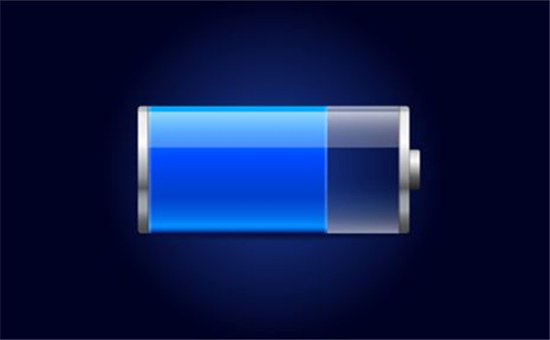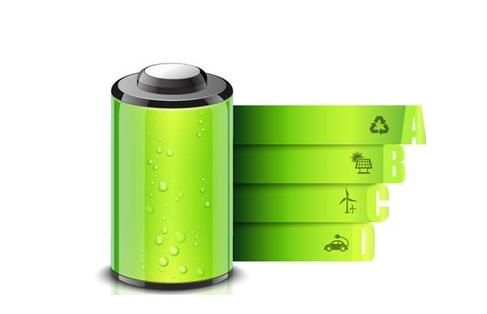Where to dispose of lithium batteries
May 29, 2019 Pageview:1644
Rechargeable batteries which are categorized as lithium batteries cannot simply be thrown away. This can be quite dangerous. Many electronic devices such as laptops, cell phones, tablets and digital cameras contain these types of batteries. Getting rid of these batteries without proper disposal can be hazardous.
The risk increases all the more when the lithium-ion batteries find their way to the recycling bin. In this case, they bounce around in the back of the trick. The buildup of heat or pressure can cause the batteries to spark. This can trigger a chain reaction which can give rise to a disaster as the cell is surrounded by cardboard and dry paper in the recycling truck.
Indeed, one of the major causes of the recycling trucks catching fire is the presence of lithium-ion batteries in them.

Lithium-ion battery disposal regulations
Owing to the risks and hazards involved, disposing of the lithium-ion batteries property is essential; else you might find yourself on the wrong side of the law. The disposal of small quantities of batteries is not regulated by the U.S Environmental Protection Agency. However, the Universal Rules of Hazardous Waste regulations monitor the vast amounts of the cells being disposed of.
As of now, the manufacturers do not collect the lithium batteries for recycling and thus are disposed of following usage. This disposal of lithium-ion batteries is not regulated by federal law. However, localities and individual states have their own guidelines for the purpose. It is vital to be aware of the regulations of your area before you dispose of the batteries.
It is essential that the batteries which are used for commercial purposes are discharged thoroughly before being disposed of. You can consider a primary lithium cell to be discharged once its voltage is around 2 volts or less current than C/100. C denotes the capacity of the battery, measured in ampere-hours.
Once the batteries are in a discharged condition, they can be shipped in large quantities to a hazardous waste facility to get rid of them. Very few companies recycle lithium batteries. Perhaps this is because recycling lithium cells is more costly compared to their disposal.
The Department of Transportation governs the shipment of these batteries. You can find out more about this in their code of federal regulations.
It is not advisable for the consumers to attempt to incinerate the lithium cells. This process should be performed at a unique facility that is equipped to handle the waste. Special permission is required for this. If you are unaware of which facility you can approach for managing the batteries, you can contact your waste handler to find out more.
Different countries have variable laws regarding the disposal and recycling of lithium-ion batteries. Some local governments and states also have their own set of guidelines. It is evident that the regulations of European Governments regarding this are more stringent. Make sure that you check the rules and laws of your locality.
It is of immense importance to ensure that the batteries are entirely discharged before they are disposed of. It is recommended to tape the contacts, using electrical tape for the purpose. This prevents the contacts from coming together accidentally. If large quantities of lithium batteries are being packaged, they need to be labeled appropriately. The waste facility should be approved and permitted to handle the lithium-ion batteries.

Where to recycle lithium batteries
Innovative techniques are used in the process of recycling lithium batteries. The first step is making the batteries safe for mechanical treatment. The copper, aluminum and plastics are separated and forwarded for recycling.
The mineral and chemical parts of the battery are collectively called a black mass that comprises of manganese, nickel, cobalt and lithium in variable ratios. Among these elements, it is nickel and cobalt, which have the most value and are highly challenging to recover.
Some facilities use a chemical precipitation method for the purpose via which the minerals are recovered. They are then forwarded to the battery manufacturers so that they can be reused for the production of new batteries.
It might be confusing to determine who you should approach for recycling the lithium batteries. You have two main options for this.
The first is to start your search locally. You can access the website of your town to find out the facility to approach. Information related to battery recycling is commonly found in the section of "other types of recycling". You can also ask the local stores that sell lithium batteries for assistance.
You might also be able to find reliable tools online which would direct you to the proper place for disposing or recycling the lithium-ion batteries. You will merely have to enter the ZIP code of your area, and you will be directed to the recycling center of your locality, making things easier.

Recycle batteries best buy
It is best to drop the cells at a store that offers the option of recycling them. You can find such stores online. These stores have their own rules regarding the type of cells they accept. Therefore, make sure that you find out more before heading to the place with large quantities of lithium-ion batteries.
Lithium-ion batteries can be hazardous. Thus, it is vital to make sure that you purchase them from reliable manufacturers. You would not want your safety, or that of your family compromised owing to a bit of negligence. Large Power is a brand that would not let you down. They have years of experience behind them, and thus, you can be sure that they will provide you with optimal safety and reliability. Many famous companies use the services of Large Power to get batteries for their devices. They excel in customizing lithium-ion battery pack, and you can be sure that there is little that they do not know about these cells.
Therefore, if you want to know more about lithium-ion batteries, their use, disposal or recycling, you can contact them. You can be sure that they will guide you properly and will address your queries.
- Prev Article: Lithium-ion battery large capacity analysis
- Next Article: Lithium Battery Capacity Loss
Leave Message
Hottest Categories
-
Hottest Industry News
-
Latest Industry News









